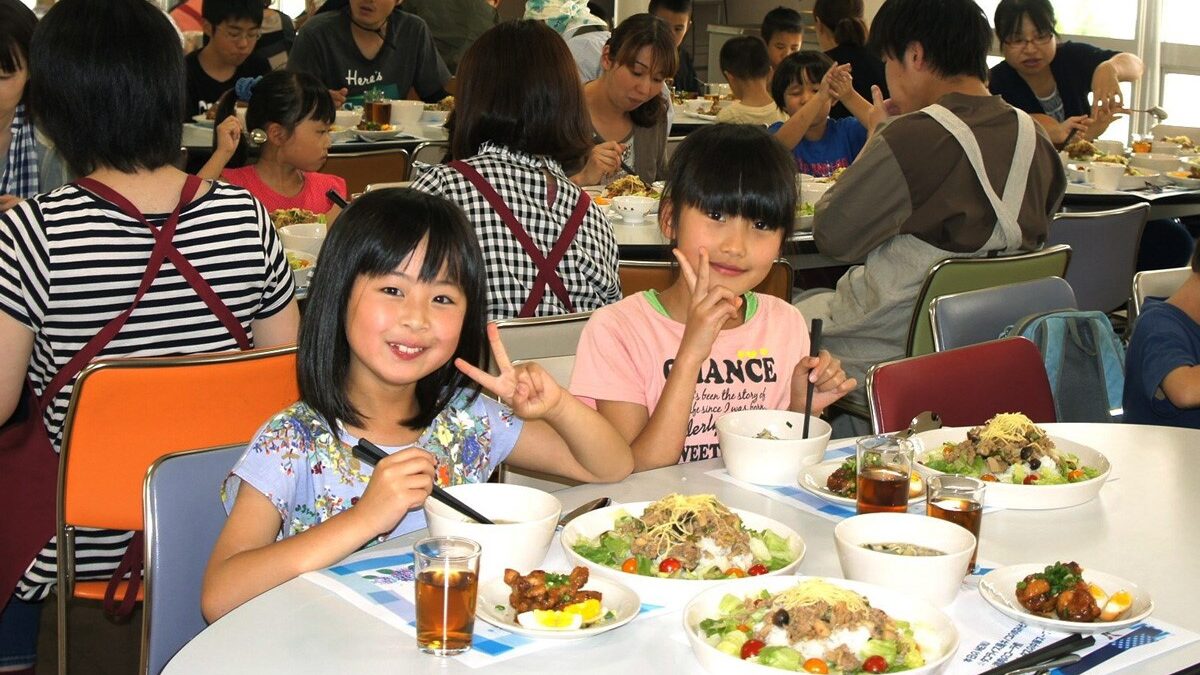Child well-being in Japan ~ Happy children tend to become happy adults? (part 2)

Photo from: seisen-jc.ac.jp
Last time we talked about the topic of child well-being. According to the latest research of OECD, childhood is a critical period for health and physical development, for behviour formation, and for a range of other factors that help shape our prospects and well-being in later life.
How is child well-being in Japan?

Photo from: slideshare
Relative to other OECD countries, Japan’s performance on child well-being is mixed. Average incomes for children in Japan are close to the OECD average, but the child income poverty rate is slightly higher than in some other OECD countries.
According to last year’s report on health, labor and welfare, the relative poverty rate of children under 18 was 16 percent, it means one in six children were in poverty in Japan.
To solve the food problems for these children, recently a grass-roots approach called kodomo-Shokudo appeared in many areas of Japan.
What is Kodomo-Shokudo?

Photo from: nursery world
Kodomo-Shokudo provides free or low price meals to children. Different from ordinary restaurants that operate almost every day, most of them open once or twice a month, managed by volunteer staff. Most of the them are supplied through donations.
For instance, there is a Kodomo-Shokudo that opens from 5:30 to 7:30 pm. On the first and third Wednesday each month, anyone can eat dinner there for 300 yen. Another cafeteria opens from 6:00 to 8:00 p.m. every Monday and offering meals for free to children and for 300 yen to adults.

Photo from: daily sports online
Kodomo-Shokudo is unique and has various roles in addition to just providing meals. For example, many programs provide a place for children to study or play before and after meals.
Have you ever visited the Kodomo-Shokudo in Japan?
Are there any grass-roots initiatives addressing food issues associated with child poverty in your area?
In the Session 13 Miss.Nakano and I will do in-depth analysis and try to find answers for these problems. Don’t miss the program (broadcast from every Wednesday Japanese ) and share your opinions with us at any time!


